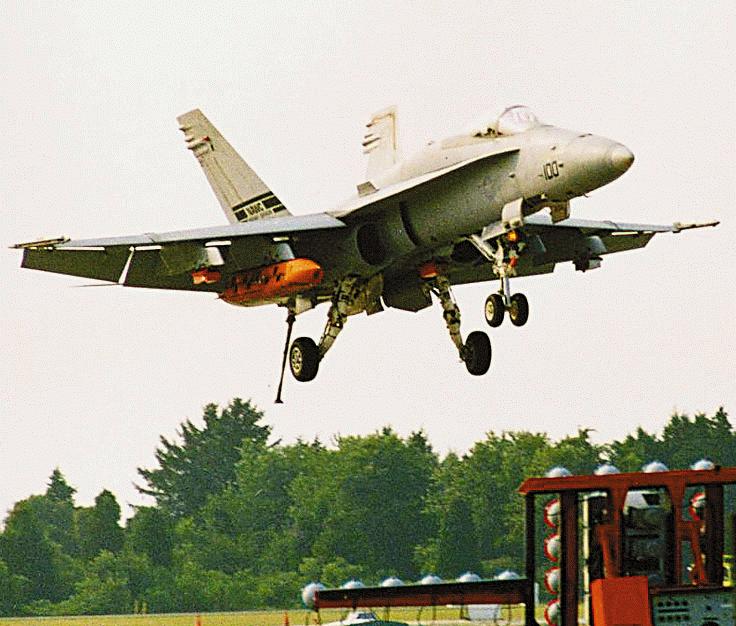I'm home in bed with the flu and trying to use the time to catch up on some reading, so this afternoon I've been reading "
British Muslims, multiculturalism and UK foreign policy: ‘integration’ and 'cohesion’ in and beyond the state" by
Shane Brighton and published in the most recent edition of the journal
International Affairs.
Brighton makes an interesting comparison between the "sanctimonious violence" of al Qaeda (building upon the work of
Faisal Devji
), and particularly of the unconnected, or only marginally connected, London bombers and the interventionism of British foreign policy under Blair. His point is not one moral equivalence at all, but rather how the two parallel in seeing action as a way of producing community.
For the terrorist the action is not just the destruction they cause, but their own "martyrdom" in the process. This ultimate demonstration of faith is to will the global community of believers, the
Ummah, into being: their action will serve as a catalyst for this community. All very Nietzschean. This understanding comes from Devji's attempt to comprehend Jihadi violence that at times seems de-politicized (i.e. the US troops are out of Saudi Arabia but bin Laden doesn't appear to be giving up) and nihilistic. The acts of terror are not solely, or perhaps not at all, instrumental; so when a suicide bomber in Iraq fails to inflict serious casualties, this is not necessarily a "failure" in his eyes (wherever they landed) or in those of his masters, because they see the act of sacrifice as a political act of community building in itself, regardless of the reaction of the targeted. It might be sick and wrong, but it definitely isn't illogical.
On liberal interventionism, Blair outlined this long before 9/11 in his 'Chicago Speech' of 1999 made as NATO continued to bomb Serbia. He argued for an international community of values based on universal human rights and that this community would be evidenced by a willingness to intervene. Liberal interventionism is of course not a new idea, going back to arguably to Kant, but despite the first President Bush's optimism for a new world order of internationally guaranteed (enforced?) peace after the defeat of Saddam Hussein, much of the the 1990s saw a flight from the idea of intervention. Europe and the US stood aside to watch the Bosnian massacres, all haunted by different ghosts: for the British it was the ghosts of Northern Ireland, for the Americans its was the memory of dead soldiers dragged through the streets of Mogadishu, for the Germans its was WWII. The actors watched Bosnia writhe in agony for five years, only pausing briefly to consider how to resolutely do nothing about a shorter and even worse slaughter in a small African country that previously no one had heard of. At the same time only human rights and womens groups had much to say about the imposition of a medieval and externally funded theocracy on the people of Afghanistan.
It was against this background that Labour's foreign policy in waiting was formed ready for when they came power to in 1997. Did interventionism work in creating a community? Perhaps it did, and Britain was central to that. The Blair government rescued a failing UN mission and country in Sierra Leone by sending the Paras; Blair kept pushing Clinton to do more on Kosovo and this dragged the rest of the NATO allies along with them, a process that continues to this day with the NATO mission in Afghanistan; with the St. Malo accords Britain and France were central to creating some EU ability to exert military force as we have seen since in the Congo. Brighton discusses in the domestic setting the recreation of "secular liberalism as a 'fighting creed'" but it is in some ways also applicable to the international: the international support for Afghanistan, demonstrated most clearly in all the NATO allies except the USA trying to invoke Article V on mutual defence on September 12th, showed that this forward motion, the action of intervention, could promote a community. It carries on even today, post-Iraq, in ideas like the Canadian sponsored "
the responsibility to protect".
But like all communities, the community of interventionism was not invulnerable. Indeed it was rather brittle and the war in Iraq has broken it. Of the many tragedies of Iraq, this is one of the greatest: that many will take away the lessen that to intervene is inherently misguided, and people in future wars or civil breakdowns will die because of this.
Is there really any similarity in these two seemingly diametrically opposed ideas of community? If there is, it isn't in that they both require action to come about; it is the specific form of that action - violence. Having been politicized in the 1990s - watching Bosnia, Rwanda, Chechnya, Kosovo, Zaire/Congo unfold - I remain sympathetic to concept of liberal interventionism in a way those just a few years younger than me politicized in this decade, basically post-9/11, tend not to be. But we shouldn't shy away from what interventionism means: it means the use of force - violence - one hopes in an effort to minimise a potentially worse wrong. There is an inherent brittleness in the support for that willingness to use force that comes from the danger that Kant saw, of the eternal liberal war for a better world. There is likewise, and fortunately, the same brittleness in the support that the Jihadis have in Muslim communities worldwide: when they are seen as a resistance fighting the oppressor all is well and good, but when violence steps over a certain line - Zarqawi's bombings of the hotels in Amman, the village massacres of the Algerian Civil War, the slaughter of foreign tourists in Luxor by al-Gamaa Islamyyia , sectarian car bombings in Baghdad - then their support also falls away. Perhaps there is a hopeful sign in there somewhere.
 When I first started listening to podcasts about 18 months ago it was only starting to take off with limited numbers of programmes available. The BBC only had half a dozen or so available to subscribe to, and one of those was the slightly lame and very geeky Digital Planet (or Go Digital as it was back then) from World Service. I'm a complete luddite when it comes to computers and I'm not even that easily impressed with shiny new gadgets, but nevertheless I usually find something interesting in each weekly episode and have grown rather fond of presenters Gareth and Bill.
When I first started listening to podcasts about 18 months ago it was only starting to take off with limited numbers of programmes available. The BBC only had half a dozen or so available to subscribe to, and one of those was the slightly lame and very geeky Digital Planet (or Go Digital as it was back then) from World Service. I'm a complete luddite when it comes to computers and I'm not even that easily impressed with shiny new gadgets, but nevertheless I usually find something interesting in each weekly episode and have grown rather fond of presenters Gareth and Bill.


































